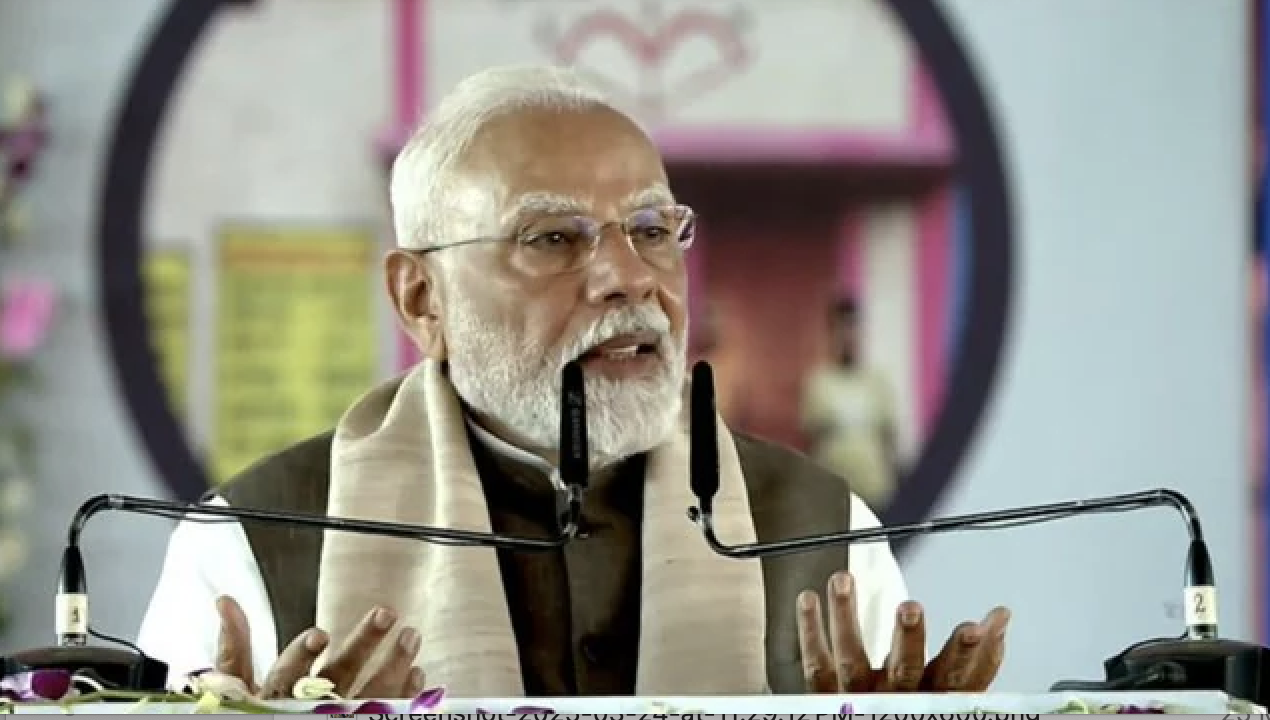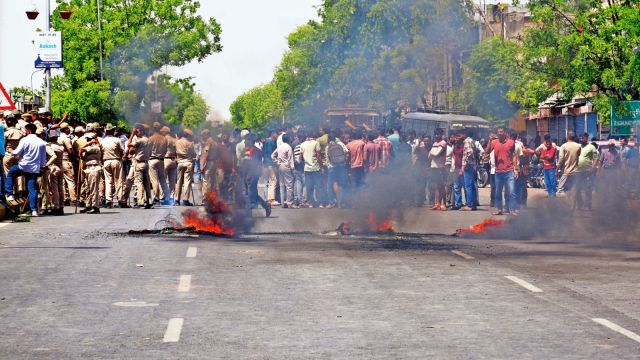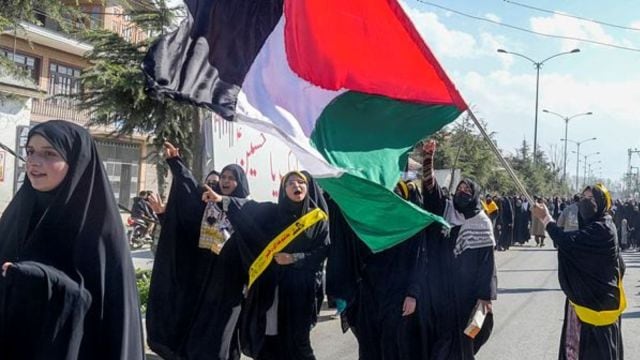The number of citizenships granted to minority communities were less due to the centralised process following which the Ministry of Home Affairs (MHA), first in 2016, and then in 2021-22, granted powers to district magistrates and collectors to grant citizenships to minorities belonging to the six communities.
By Rahul Tripathi, ET Bureau
Over 4,500 persons belonging to Hindu, Sikh, Buddhist, Jain, Parsi and Christian communities from Afghanistan, Bangladesh, and Pakistan (ABP) were granted Indian Citizenship in the four years till 2022, as per data from the Union home ministry. The highest number of citizenships granted to those belonging to persecuted minorities were in 2022, said officials. The recently-passed Citizenship Amendment Act (CAA), 2019, rules will help speed up pending cases of citizenship through registration and naturalisation for displaced people from ABP, they added.
The number of citizenships granted to minority communities were less due to the centralised process following which the Ministry of Home Affairs (MHA), first in 2016, and then in 2021-22, granted powers to district magistrates and collectors to grant citizenships to minorities belonging to the six communities. A total of collectors of 31 districts and home secretaries of nine states have been delegated powers by the central government to grant citizenship with respect to specified communities, according to the home ministry.
Among them are Chhattisgarh, Gujarat, Madhya Pradesh, Maharashtra, Rajasthan, Uttar Pradesh and Delhi. Until now, the collectors, district, and home secretaries of the states and Union territories were required to maintain a register of those who were granted citizenship and furnish a copy to the Central government within seven days of registration or naturalisation of citizenship.
This story was originally published in economictimes.indiatimes.com. Read the full story here.






